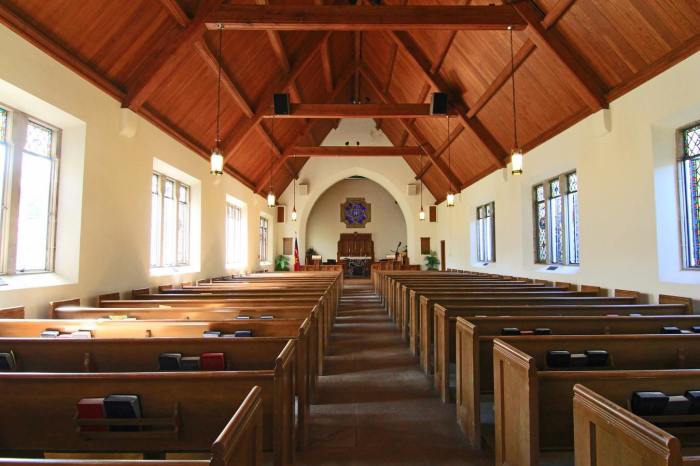Churches sue Calif. over order banning in-person religious services over COVID-19 concerns

Three churches have filed a lawsuit against California Gov. Gavin Newsom and local officials over the state’s stay-at-home order, which they say violates their freedom of religious practice.
The suit was filed Monday in the U.S. District Court for the Central District of California on behalf of Wendy Gish, member of Shield of Faith Family Church in Fontana; Patrick Scales, pastor of Shield of Faith; James Dean Moffatt, senior pastor at Church Unlimited of Indio, and Brenda Wood, senior pastor at Word of Life Ministries International, Inc. of Riverside.
A major point of contention was Newsom’s Executive Order N-33-20, which among other things compels California residents to “stay home or at their place of residence except” for essential activities.
The State Public Health Officer issued a follow-up document last month with a list of “Essential Critical Infrastructure Workers” that did not include in-person religious services.
“Accordingly, this list prohibits all religious leaders from conducting in-person and out-of-home religious services, regardless of the measures taken to reduce or eliminate the risk of the virus spreading,” the lawsuit said.
“Meanwhile, the list deems the continuity of services provided by coffee baristas, burger flippers, and laundromat technicians to be so necessary for society that these activities are permitted to continue under the State Order, despite the existence of the very same risk Defendants rely on to stymie the exercise of fundamental rights.”
The plaintiffs are being represented by the Center for American Liberty and the Dhillon Law Group, both of which are headed by Harmeet Kaur Dhillon.
In a statement released Monday, Dhillon said California “does not get to dictate the method of worship to the faithful.”
“The state and localities have granted sweeping exceptions to the shutdown orders for favored businesses and professions, while specifically targeting people of faith and decreeing to religious institutions that it is ‘good enough’ that they be allowed to offer streaming video services,” she stated.
“The Constitution demands that all must be afforded the ability to practice their faith according to the dictates of conscience and be treated no less favorably than any other organization or person subject to the current shutdown orders.”
Dhillon also noted that San Bernardino County and Riverside County both allowed worship services, to an extent, outside of residents' homes on Easter Sunday.
“While giving in to criticism and respecting Christians’ right to religious liberty on Easter Sunday was undeniably the right decision by County Supervisors, the government may not selectively license religious liberty to Christians on Easter Sunday,” continued Dhillon.
In response to calls to curb the spread of the coronavirus, most states have issued orders calling for large gatherings, including religious ones, to temporarily quit meeting in person.
Although most churches in the United States have agreed and closed their doors, some have continued to hold services, arguing that it is their constitutional right to continue meeting.
Last week, the Kansas Supreme Court ruled against a measure that aimed to create an exemption for churches to an executive order barring gatherings of more than 10 people.
In a per curiam decision released last Saturday, the court concluded that Kansas’ Legislative Coordinating Council did not have the authority to revoke Governor Laura Kelly’s order.
“The LCC purported to revoke one executive order. We are asked to determine whether it acted within its lawful authority. We hold that it did not,” ruled the state’s highest court.
“As ultimately acknowledged by all counsel during oral arguments today, even if we accept House Concurrent Resolution 5025 as an otherwise valid exercise of legislative authority, its plain text did not authorize the LCC to revoke Executive Order 20-18. That acknowledgment ends this controversy.”




























